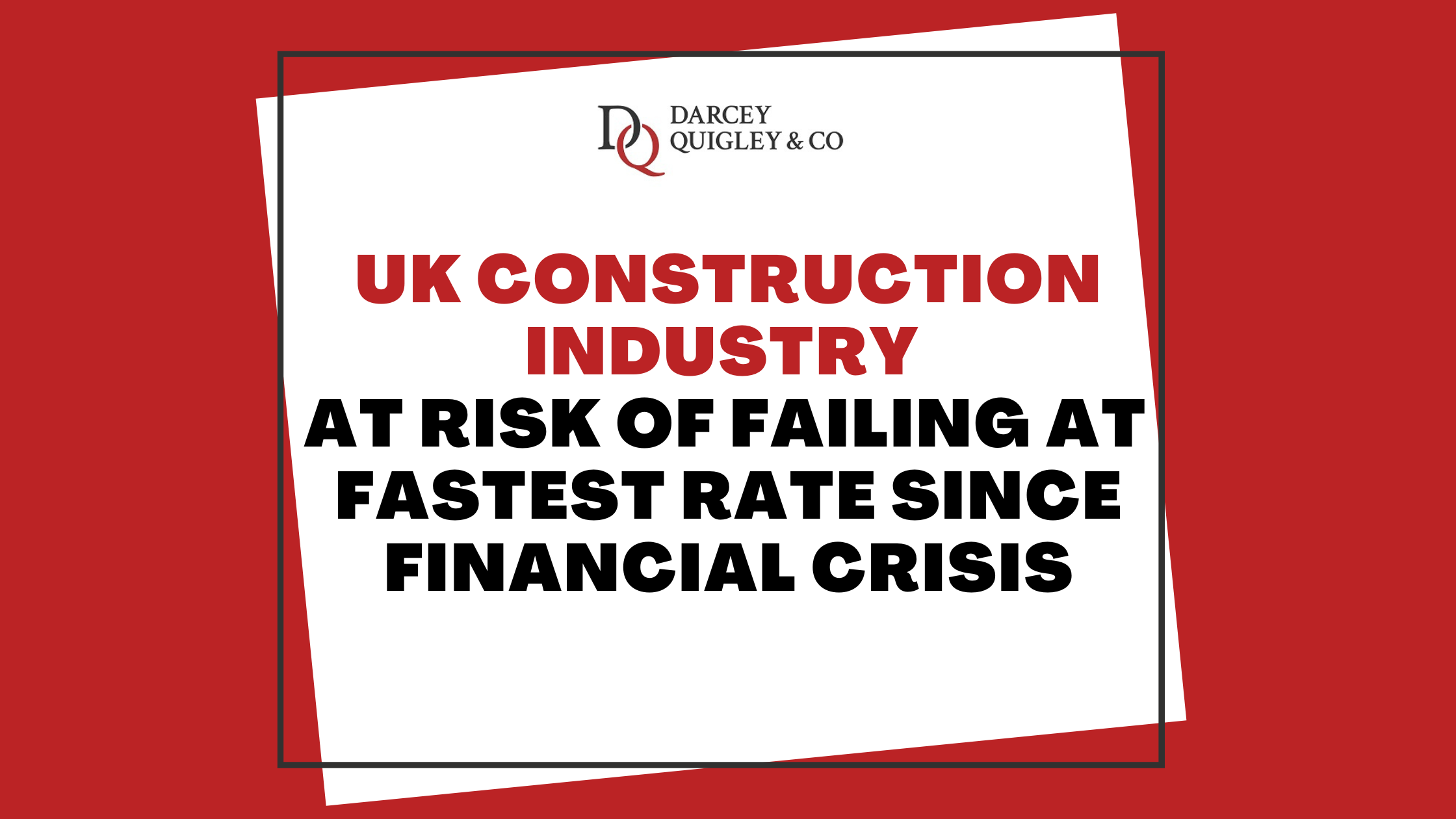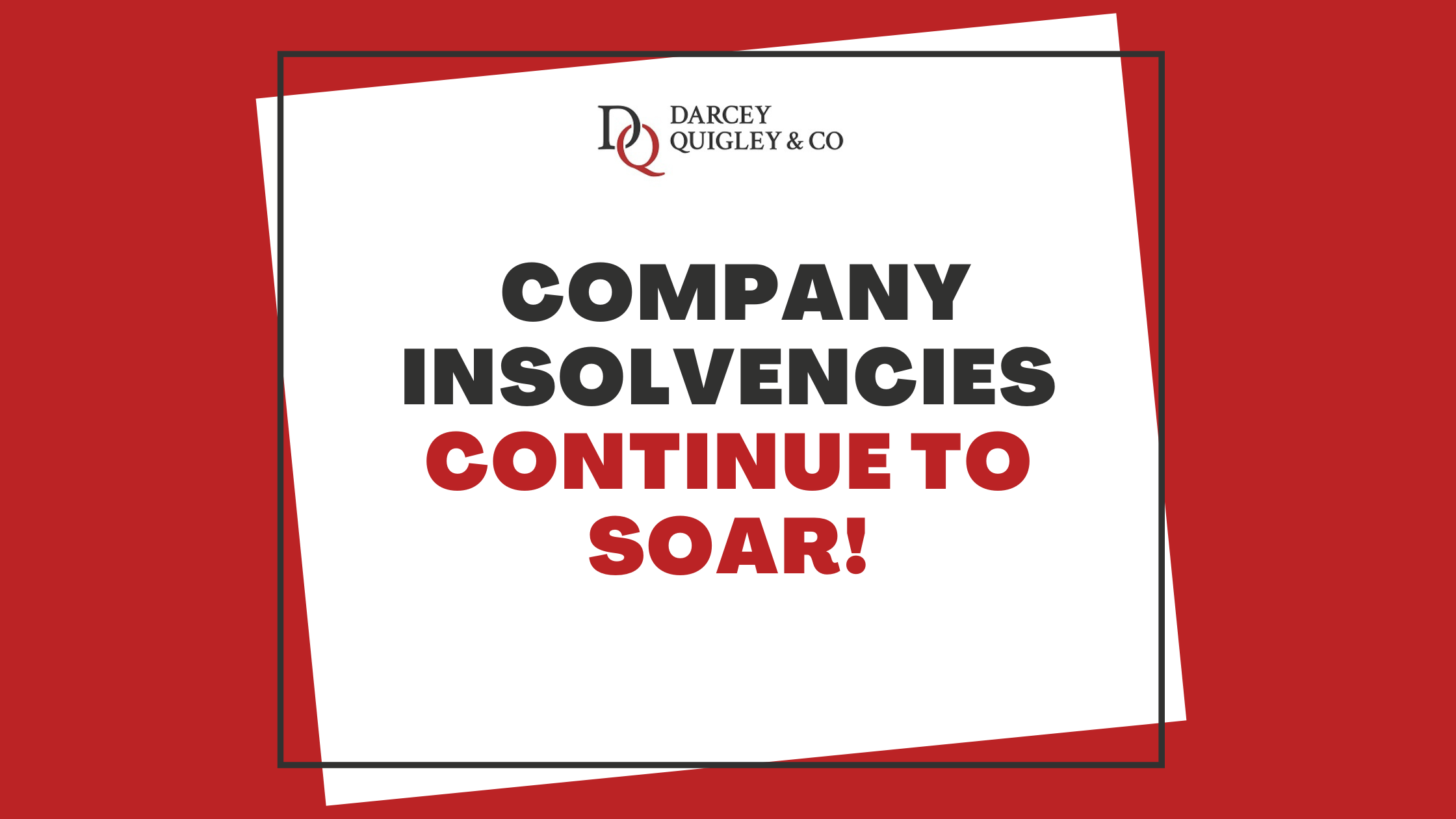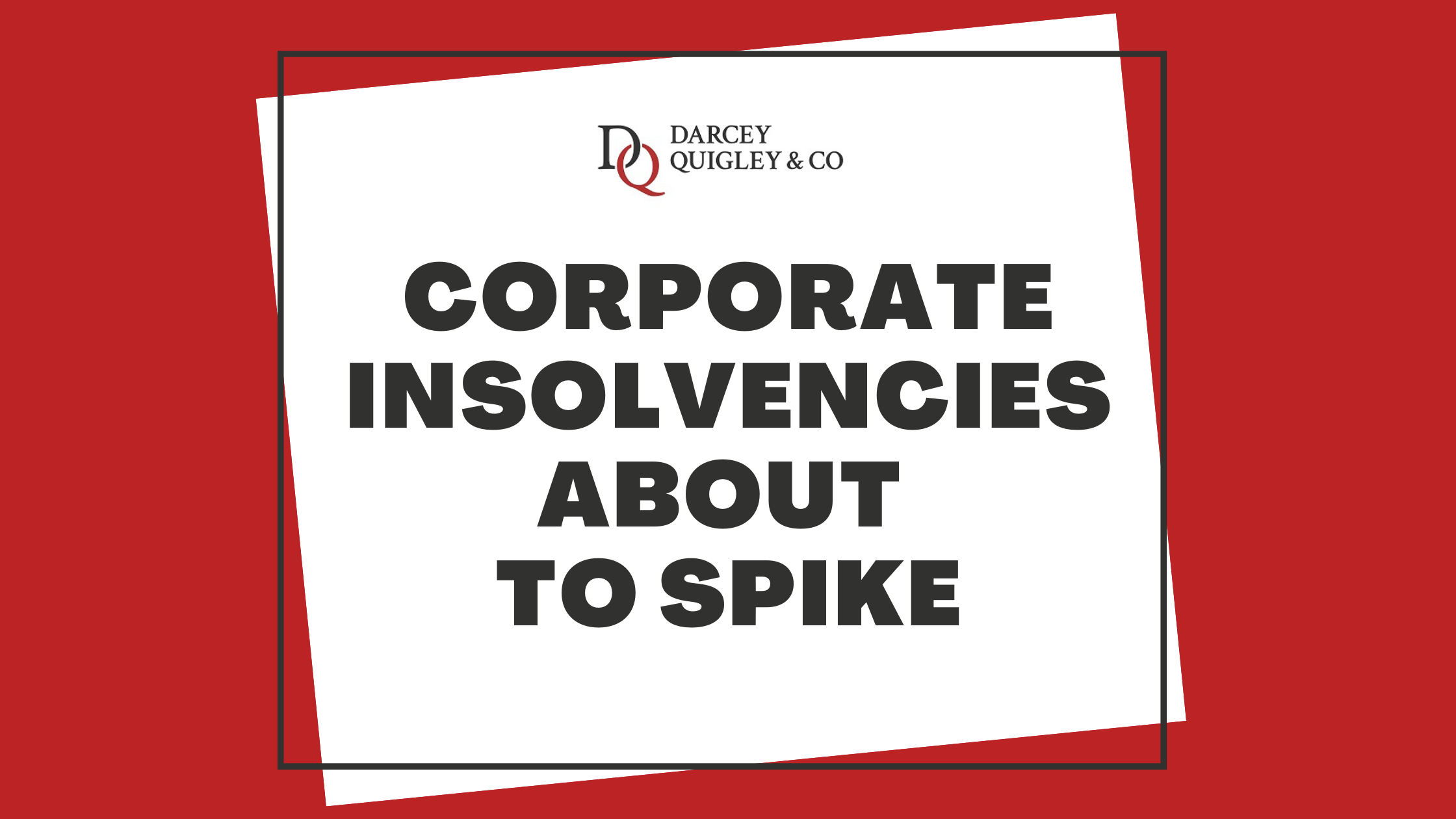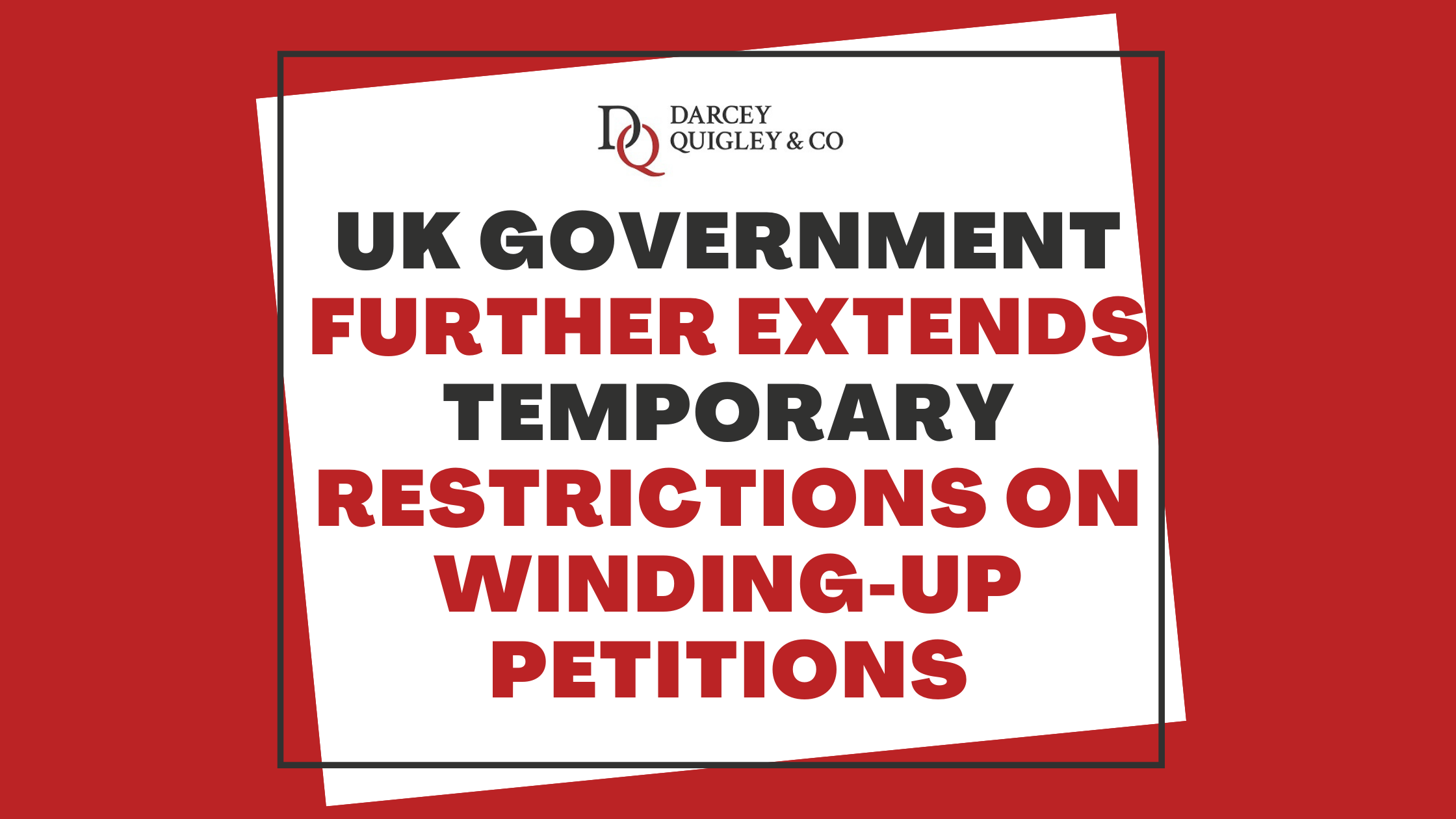The Psychology of Late Payers: How to Influence Faster Payments in 2025
Late payments continue to be one of the biggest challenges for businesses across the UK. Whether you’re an SME relying on timely cash flow or a large organisation juggling hundreds of accounts, the reality is the same: late payers create stress, damage financial stability, and drain valuable resources.
But here’s the truth: not all late payers are acting out of bad faith. In many cases, late payment is influenced by psychology rather than financial inability. By understanding the mindset of your customers, you can adopt strategies that not only reduce overdue invoices but also encourage faster payments in the future.
This blog explores the psychology of late payments, the types of behaviours you’ll encounter, and how you can apply practical, psychology-backed strategies to influence customers to settle invoices on time.
Table of Contents

Why Late Payers Matter More Than Ever
Research consistently shows that late payments are a serious issue for UK businesses:
- According to the Federation of Small Businesses (FSB), late payments contribute to thousands of SME closures each year.
- Larger organisations use late payment strategically to preserve their own cash flow, leaving suppliers vulnerable.
- For finance teams, chasing late payers diverts time away from growth and planning.
The cost isn’t just financial—it’s emotional. Chasing overdue invoices damages client relationships, puts pressure on internal teams, and creates uncertainty in forecasting.
By digging into the psychology of late payers, you can understand why customers delay payment and apply strategies that directly influence faster settlements.
The Psychology Behind Late Payers
Every late payer has a reason, and often those reasons are rooted in human behaviour. Here are the most common psychological drivers:
1. Procrastination and Avoidance
Paying invoices is rarely exciting. For many customers, finance admin feels tedious, leading them to push it further down the to-do list. Some actively avoid dealing with it because of anxiety around cash flow.
2. Optimism Bias
Late payers often believe “things will improve next month.” This misplaced optimism leads them to assume they’ll have the money later—even if the reality doesn’t support it.
3. Cognitive Dissonance
Clients value your service but may feel uncomfortable with the cost. To reduce this mental tension, they rationalise delaying the payment (“Waiting a few weeks won’t matter”).
4. Relationship Reciprocity
Human psychology shows we’re more likely to act promptly for those we feel connected to. If a client doesn’t feel valued by you, they may not prioritise your invoice over others.
5. Loss Aversion
Behavioural economists highlight that people fear losses more than they desire equivalent gains. For late payers, the risk of interest charges, damaged relationships, or legal action can be more motivating than polite reminders.
Types of Late Payers
Not all late payers are the same. Categorising them allows you to tailor your approach.
- The Disorganised Payer
- Typically smaller businesses with poor admin systems.
- Solution: Send friendly reminders, simplify payment options, and make invoices clear.
- The Cash-Strapped Payer
- Genuinely experiencing financial strain.
- Solution: Show empathy but set boundaries—consider structured payment plans.
- The Strategic Delayer
- Larger organisations that deliberately pay late to control cash flow.
- Solution: Escalate quickly, emphasise contractual terms, and demonstrate you won’t tolerate stalling.
- The Avoider
- Ignores calls and emails to delay the inevitable.
- Solution: Use multiple communication channels (letters, calls, SMS) to disrupt avoidance.
- The Disputer
- Raises minor or irrelevant issues to buy time.
- Solution: Document everything, resolve disputes swiftly, and remove excuses.
By recognising these profiles, you can align your credit control strategy with the behaviours of customers rather than treating every case the same.
How to Influence Faster Payments
The good news? Psychology gives us practical strategies to influence late payers and encourage timely settlements. Here’s how:
1. Frame Payment Requests as Obligations, Not Options
Instead of: “We’d appreciate it if you could pay soon.”
Say: “Your invoice is now overdue. Immediate payment is required to avoid escalation.”
Clear, firm language reduces ambiguity and signals authority.
2. Create a Sense of Urgency
Deadlines motivate action. Phrases like “to ensure this is resolved by [date]” or “final settlement must be made by [date]” trigger time sensitivity for late payers.
3. Use Social Proof
Customers are influenced by peer behaviour. A reminder that “most of our clients pay within terms” can create subtle pressure to conform.
4. Apply Loss Aversion
Highlight what the debtor risks losing:
- Late payment interest
- Credit rating damage
- Supplier relationship
- Future credit terms
Late payers often act faster when faced with potential losses.
5. Balance Empathy and Authority
Acknowledging the relationship while being clear about consequences works best:
“We value your business and want to maintain a positive relationship. To avoid further action, please settle this invoice today.”
6. Use Multi-Channel Communication
Don’t rely solely on email. Combine phone calls, letters, and digital reminders to make non-payment harder to ignore. This reduces avoidance patterns.
Don’t rely solely on email. Combine phone calls, letters, and digital reminders to make non-payment harder to ignore. This reduces avoidance patterns common with late payers.
7. Prioritise Debtor Segments
Not all overdue invoices are equal. Focus efforts on:
- High-value accounts
- Repeat offenders
- Those with capacity but habitual delay
This maximises your recovery results.
8. Offer Structured Payment Solutions
For genuinely cash-strapped late payers, an instalment plan may secure more than aggressive pursuit. But ensure clear terms and deadlines to prevent abuse.
Excuses Late Payers Use (and How to Respond)
To manage late payers effectively, you need to be ready for the most common excuses:
- “I didn’t receive the invoice.”
→ Always send invoices promptly, follow up with digital and physical copies, and request confirmation. - “I’m waiting on payment from my own client.”
→ Acknowledge their situation but remind them your terms are independent. Consider a short extension with a clear deadline. - “There’s an issue with the invoice.”
→ Resolve quickly and document changes. Don’t allow small disputes to stall indefinitely. - “The person who signs off payments is away.”
→ Suggest alternative authorisers and request immediate scheduling upon their return.
Being prepared with professional, firm responses reduces the power of excuses and reinforces authority.
Quarter-End Recovery Tips for Different Industries
Different industries face unique challenges when it comes to overdue payments. Here are some quarter-end tips tailored to common sectors:
- Construction: Ensure applications for payment are properly documented. Disputes over work completed are a leading cause of delays.
- Manufacturing: Keep track of delivery notes and purchase orders to counter “missing paperwork” excuses.
- Professional Services: Confirm that your clients have approved timesheets or deliverables before quarter-end.
- Retail & Wholesale: Monitor credit limits closely – quarter-end is often when seasonal stock purchases can stretch client cash flow.
Technology and Tools to Manage Late Payers
Technology can complement psychological strategies by making it easier to track and influence late payers:
- Automated reminders ensure invoices don’t slip through the cracks.
- Online payment portals remove friction and speed up settlement.
- Credit monitoring tools help identify risky clients early.
- Outsourced recovery services (like Darcey Quigley) introduce authority that often results in payment within days.
When to Escalate Late Payers
Despite your best efforts, some late payers will continue to delay. Escalation protects your business. Key signs it’s time to escalate:
- Invoices are 30+ days overdue beyond agreed terms.
- Clients ignore multiple communication attempts.
- You’ve encountered repeated excuses or stalling tactics.
Professional debt recovery adds authority and urgency, often motivating payment where internal chasing has failed. At Darcey Quigley, our commercial debt recovery team has recovered millions for businesses—often within 48 hours of instruction.
Preventing Future Late Payers
The best approach isn’t just managing late payers, but preventing them. Proactive steps include:
- Strong credit checks before onboarding clients.
- Clear communication of payment terms upfront.
- Training staff in behavioural communication techniques.
- Regular review of terms and escalation procedures.
- Building strong client relationships to encourage reciprocity.
Prevention doesn’t just reduce late payers—it builds a stronger, more resilient business.
Checklist: How to Influence Late Payers
Here’s a quick action plan you can use today:
- Identify the type of late payer you’re dealing with
- Use firm but professional language in communications
- Set clear deadlines and reinforce consequences
- Communicate across multiple channels
- Prioritise high-value or repeat offenders
- Offer payment plans only when strategic
- Escalate promptly if terms are breached
Final Thoughts
Late payments are more than just a financial challenge—they’re a behavioural one. By understanding the psychology behind why clients delay payment, you can adapt your approach, influence faster settlements, and protect your cash flow.
At Darcey Quigley & Co, we specialise in recovering overdue invoices quickly and professionally, without damaging valuable relationships. Our approach combines psychological insight with decades of debt recovery expertise, giving your business the best chance of turning late payments into paying customers.
Struggling with overdue invoices? Get in touch with our team today and let us help you recover what’s rightfully yours.
For more commercial debt recovery news, tips and updates follow Darcey Quigley & Co on LinkedIn.








